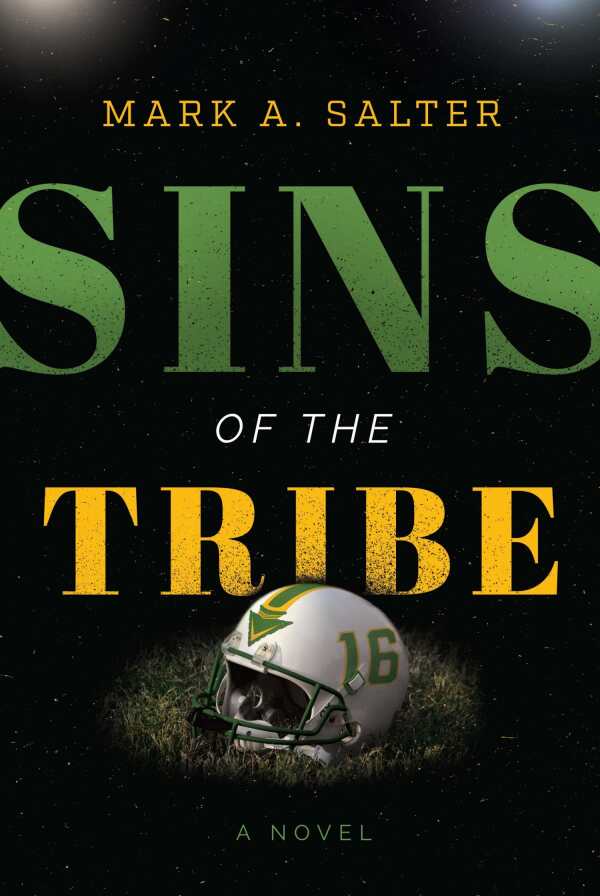Sins of the Tribe
In the novel Sins of the Tribe, a powerful football program takes its exploitative methods too far.
Mark A. Salter’s novel Sins of the Tribe is about the human impact of exploitative college football programs.
Brothers Wally and Henry were raised by a flawed, cruel minister in a small town. That upbringing shaped them as people. As they grew up, they sought to escape. Now, Henry is the star kicker for a national championship college football team, though he’s still contending with undiagnosed mental disabilities. Wally is invited onto the team to act as Henry’s holder.
Over time, Wally grows disillusioned with the college’s powerhouse football program. He witnesses as it grinds up its players, foisting a substandard education on them as compensation. He struggles between remaining true to his values and maintaining the status that comes with being part of the storied team.
Though Wally narrates most of the book, some chapters deviate to incorporate other perspectives, including that of a quarterback, Dion, and that of a journalist, Samantha. Even those characters who have generic monikers—the Minister, the Professor—are well fleshed out. Flashbacks are used to illuminate the development of Wally’s strong moral compass, which factors in even as he downs beers at a party. He is seen evolving from someone who romanticizes the team into someone who is disenchanted with football because of its abuses, including a decision to cover up a brutal sexual assault. Later, Wally feels summoned back to that corrupt world by a feverish dream; he fantasizes about exacting violent revenge.
The story progresses through the course of a season, following along as coaches bark orders, quarterbacks rally other players in huddles, and team leaders look for innocuous ways to justify losing games. The book’s descriptions of the games are active and involving; a grounding sense of the drama of the sport is thus established.
The book’s regular, on-field excitement clashes with its loftier examinations of sociological issues, though. Its psychological observations are knowing: one character “felt her passive disapproval, just an exhale of dry, voiceless air as she checked the rear view mirror for traffic that wasn’t there.” But these high-minded moments encourage reflection on sports institutions in a way that the games themselves do not. Here, college football functions as a framework for considering broader issues in society, including the damage that sports cultures do to ordinary people.
In the cynical but satisfying novel Sins of the Tribe, a powerful football program takes its exploitative methods too far for the comfort of one of its players.
Reviewed by
Joseph S. Pete
Disclosure: This article is not an endorsement, but a review. The publisher of this book provided free copies of the book and paid a small fee to have their book reviewed by a professional reviewer. Foreword Reviews and Clarion Reviews make no guarantee that the publisher will receive a positive review. Foreword Magazine, Inc. is disclosing this in accordance with the Federal Trade Commission’s 16 CFR, Part 255.

